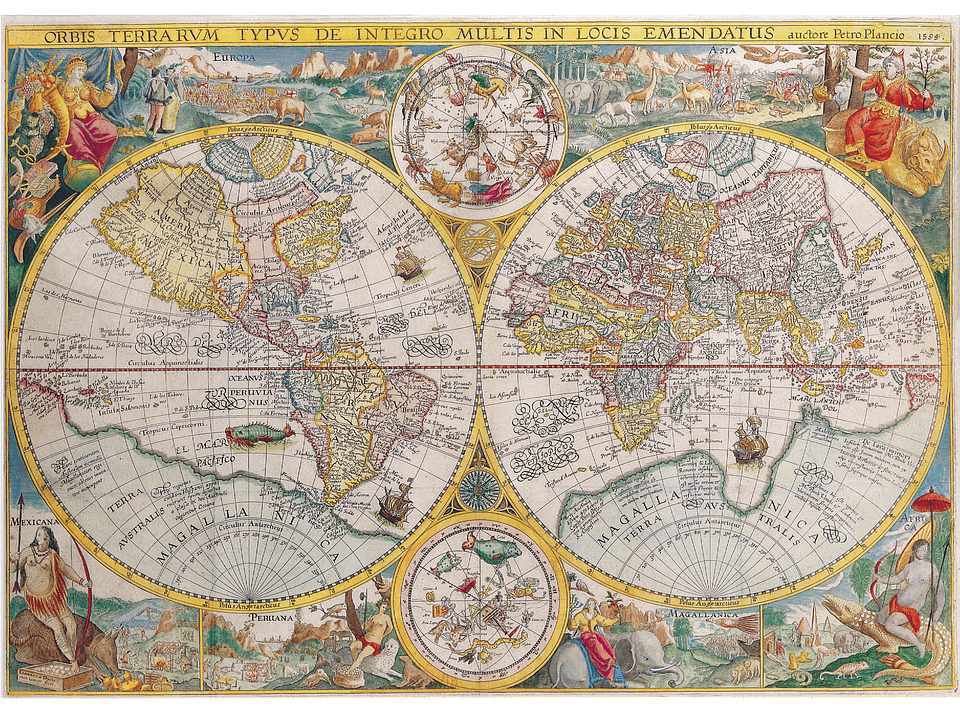Song and Ming China A Distant-Reading of the Ming and Song Tributary System

This is a virtual seminar.
Register here: https://tinyurl.com/ntuhist3101
Abstract:
My project focuses on early modern China’s attitude toward and engagement with its Asian neighbors, by drawing on official documents and investigating titles and rhetoric. I use digital techniques, such as textual regularization and natural language processing through the programming language of Python, to examine specific wording in the official documents presented by both China and their counterparts.
The significance of this project lies in understanding the dynamics of foreign policies that shifted from the Song dynasty to the Ming dynasty. Previous scholarship has identified the Song dynasty as a pivot point for Chinese history, as in many respects the dynasty established models for future generations and emperors. However, there has been less discussion of differences between the Song and what came after than of change from the Song’s predecessors to Song. A study clarifying the foreign policies of the Ming in comparison to the Song may help us better understand the changes that China went through in the same period when Europe was experiencing the Renaissance and Japan was unifying itself under Toyotomi Hideyoshi.
Building on the work from previous scholars such as Morris Rossabi and Timothy Brook, I analyze the temporal and spatial dimensions of the tributary systems of the Song and Ming dynasties to show that they differed dramatically. Specifically, my “distant-reading” approach involves an original Python-based algorithm using several regular expressions to catch any mention of a tributary mission in the Song source Long Draft of a Continuation to General Mirror for Aid in Governing and the Veritable Records of the Ming, pinpointing the exact year and month of each mission. I then offer analysis of this data, which preliminary result has achieved a significantly higher degree of accuracy than data in some of the latest scholarship focusing on tribute missions from specific countries or regions.
Speaker: Peter Zhang (Columbia University)
Zixi (Peter) Zhang is a graduate student in the Department of East Asian Languages and Cultures at Columbia University, United States. Specializing in Chinese history, his research focuses on the ways China in the early modern period used to engage with other countries in the world, particularly those in Asia. In addition to traditional scholarship, He also uses digital approaches such as Natural Language Processing through the programming language of Python to analyze historical documents. As one of the recognitions for his work, he received the Anne H. Scott Scholarship in Chinese Studies, from the Institute of East Asian Studies at the University of California, Berkeley.

